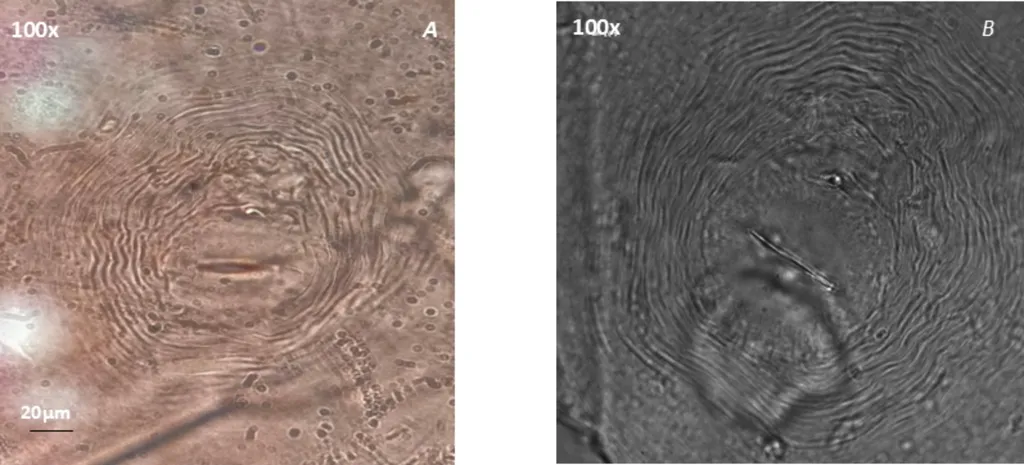In the quiet fields of Nepal, a researcher is uncovering solutions to a global agricultural challenge that could reshape the future of farming. Bishal Chapagain, from the Faculty of Agriculture at Agriculture and Forestry University in Rampur, Chitwan, has published a comprehensive review in the Turkish Journal of Agriculture: Food Science and Technology (Türkiye’de Tarım: Gıda Bilimleri ve Teknolojisi Dergisi), shedding light on the devastating impact of plant-parasitic nematodes (PPNs) and the sustainable strategies to combat them.
PPNs, microscopic worms that attack plant roots, are a silent menace to global agriculture. They cause significant crop losses annually, disrupting nutrient uptake and stunting plant growth. Traditional chemical nematicides, while effective, pose environmental risks, driving the need for integrated pest management (IPM) approaches. Chapagain’s review explores these strategies, offering a beacon of hope for farmers worldwide.
“Integrated pest management is not just a buzzword; it’s a necessity,” Chapagain asserts. His research delves into the use of biocontrol agents, crop rotation, alternative nematicides, and the development of nematode-resistant crops. These methods, he argues, can mitigate the economic and environmental costs of PPNs, which are estimated to cause billions of dollars in crop losses each year.
The review also highlights the role of biotechnology in nematode management. Genome editing and nanonematicides present new opportunities for targeted control with reduced chemical input. “Advances in biotechnology are revolutionizing our approach to nematode management,” Chapagain notes. “They offer precision and sustainability, which are key to future-proofing our agriculture.”
However, the path to widespread adoption of these sustainable practices is fraught with challenges. High initial costs and delayed returns hinder implementation, particularly in the Global South. Chapagain emphasizes the need for collaboration among researchers, farmers, and policymakers to overcome these obstacles. “Equitable access to advanced nematode management strategies is crucial for global food security,” he stresses.
The review also underscores the importance of ongoing research into new nematicidal compounds and improved methods. As PPN-related threats escalate, so does the urgency to develop sustainable solutions. Chapagain’s work serves as a catalyst for further exploration and innovation in this field.
In the energy sector, the implications are significant. Agriculture is a vital component of the bioenergy supply chain, and PPNs can disrupt this chain, affecting biofuel production. Sustainable nematode management can ensure a steady supply of biomass, thereby securing the energy sector’s raw materials.
Chapagain’s review, published in the Turkish Journal of Agriculture: Food Science and Technology, is a call to action. It challenges researchers, farmers, and policymakers to collaborate and innovate, ensuring a sustainable future for agriculture and food security. As the world grapples with the escalating threats of PPNs, Chapagain’s work offers a roadmap for sustainable nematode management, shaping the future of global agriculture and the energy sector.

